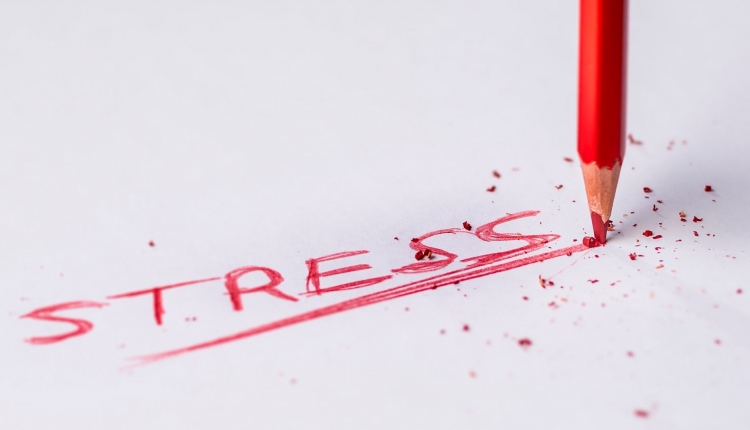Stress vs. Depression – Know The Difference
Do you always feel depressed? Is stress too much to handle? Fret no more, let’s start off simple. First, know the difference between the two, yes! Stress and Depression are two different things and need different treatments.
Stress is the emotional or social pressure you feel in an unwanted situation. So it is natural to not feel good when something is not happening as planned. This could be a bad grade, a turbulent relationship, increasing bad debt, etc. Stress is something that occurs daily and should not be taken lightly. Occasional stress is okay, but if the feeling of being unhappy doesn’t go away, stress can become chronic.
It is important to know some stress is good and helps you keep motivated. So let’s say you have an important presentation and you might be stressed. However, it is this deadline that keeps you motivated in completing your project on time.
Depression is more of a long-term concern. It is sometimes genetic while the most frequent cause is prolonged stress. Depression, unlike stress, needs proper diagnosis and treatment while stress can be taken care of by friends and family or even a small break from the hectic life.
Here is a list of some symptoms that can help you gauge whether what you are facing is stress or depression.
It is reported that as of spring 2009, 83% of college students felt they were undergoing stress related to study. 28% said they were undergoing a severe depression while only 8% of those opted for treatment.
Look at the table below to find the most common symptoms of both stress and depression.
| Stress | Depression |
|
|
|
|
|
|
|
|
|
|
|
|
|
|
|
Since stress and depression are similar, it is difficult to differentiate, especially when you are the one going through it. A good example, in this case, can be that of moving your home.
Moving to a new place is full of hassle and stress, there are so many things that could go wrong. However, once you settle in the new place, the feeling of being uncomfortable and worried wears off. In fact, you become normal, laughing over the issues that occurred then.
If you were a person suffering from depression, you wouldn’t have been over it. The same feelings of sadness and worry would return, each time more strongly. Thus making it hard for you to move on or settle in well.
Now you have a list of the symptoms that show whether you are suffering from stress or depression, it is time we find a solution. The good news is that depression and stress can be managed.
| Stress Resolvers | Depression Resolvers |
|
Consult a physician, a mental health counselor or therapist
|
|
Never opt for self-medication |
|
Exercise and improve your diet |
|
Opt for Cognitive-Behavioral Therapy or Dialectical Behavioral Therapy |
|
Practice meditation and get enough sleep |
|
Never give in to withdrawal – Retain healthy connections with peers |
|
A prescription from a doctor may be needed |
The bottom line is that you should be able to differentiate between stress and depression. Even if it is stress, deal with it and never let it get hold of you or your sanity. An untreated stress can trigger depression or create the ground for depression. That being said, no need to stress, just remember that adversity is part of life. You just need to deal with it wisely.
Do not shy away from seeking professional help when needed. Visit your mental health counselor or schedule an online appointment. Remember, an expert can design a better treatment plan that can help you overcome depression.

